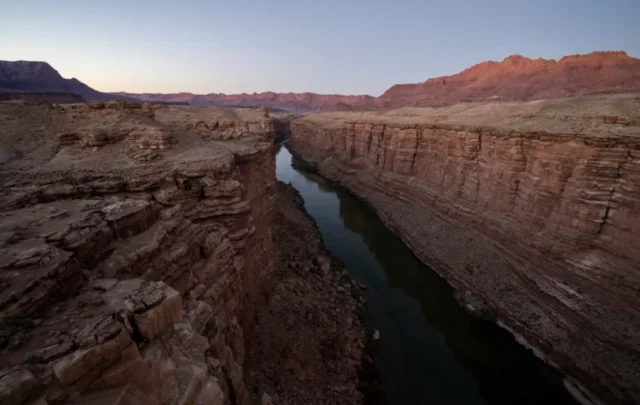After 33 years working at Alliance member, Centre for Alternative Technology, Paul Allen reflects on his journey.
The Centre for Alternative Technology (CAT) was founded in 1973 in an abandoned slate quarry in Mid Wales. It was started by a group of committed engineers, architects, builders and growers, who wanted to find new ways of living without relying on fossil fuels. CAT began life as an off-grid test-bed community for experimenting with alternative types of technology and lifestyles in response to the 1970s oil crisis and an emerging concern about the environmental impacts of how we lived.
“What was needed was a project to show the nature of the problem and indicate ways of going forward.”– CAT founder, Gerard Morgan-Grenville
Back in the late 1970s, I was deeply inspired by CAT’s very first ‘Alternative Energy Strategy for the UK’, published at a time when UK culture was firmly rooted in using ever increasing amounts of fossil fuel energy. This first ahead-of-the-curve report offered a radical alternative vision based on five years of testing and developing new technologies and practical solutions at the centre.
The forest garden at the Centre for Alternative Technology
In 2007, this original report inspired a group of us to help kick-start CAT’s initial Zero Carbon Britain research. The idea was initiated in conversations mapping out the wide range of environmental challenges faced by humanity, classifying these in terms of whether they gradually increase or whether they feedback and get worse very quickly. It became clear to us that climate was one of the most serious problems society faced, which led to a coming together of CAT staff and students from our Graduate School to explore the radical changes needed. In this work, it has been exciting and up-lifting to experience the rate of engagement with zero carbon getting faster; zero carbon targets have become enshrined in law, and CAT has been invited to share our work with a growing wave of mainstream players exploring pathways to zero.
Momentum is now building across our towns and cities to reach net zero as rapidly as possible. To help accelerate change, CAT’s new Zero Carbon Britain Resource Hub offers support to turn climate and biodiversity emergency declarations into action by offering inspiration, tools, reports, guidance, training, webinars and more. The Zero Carbon Britain Innovation Lab is bringing together multi-stakeholder groups to explore and experiment with new ways of doing things.
Building on our 15 years of research, CAT has joined a growing wave of trainers offering a certified Carbon Literacy qualification covering the science of climate breakdown, and how to create an action plan. At the time of writing, over 19,000 individuals and more than 1400 organisations have undertaken Carbon Literacy, and the number is growing.
Cultural shifts are complex and non-linear; they don’t mean that the problem is solved but working to rise to it moves into more mainstream areas. What we are now experiencing is a race of the tipping points. We are reaching dangerous tipping points in planetary breakdown, but we are also crossing solutions tipping points as humanity wakes up and begins to take the necessary actions. But will we get there in time? Clearly, we must keep up the pressure, and make the transition even more rapid!
To find out more visit – cat.org.uk






